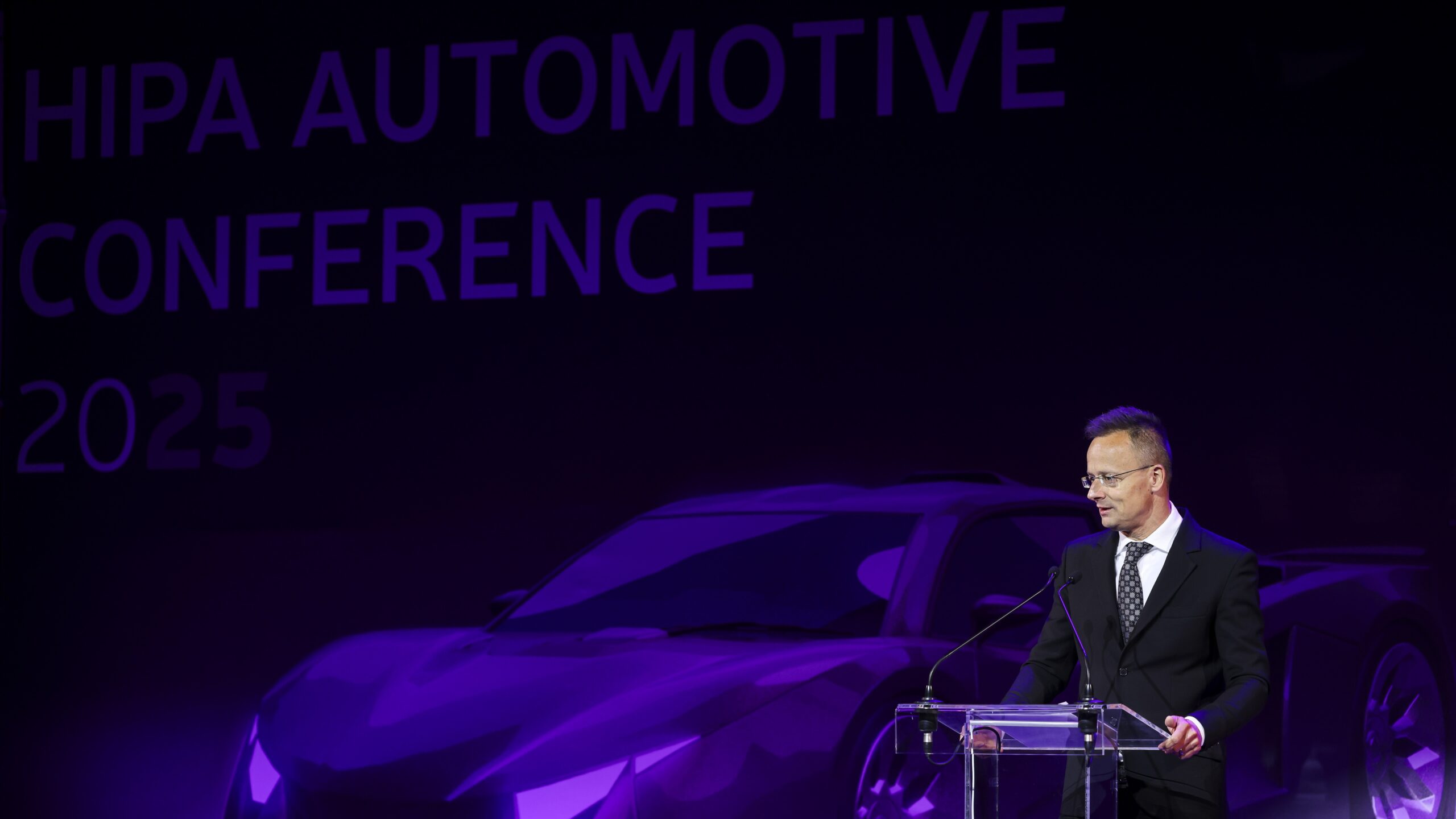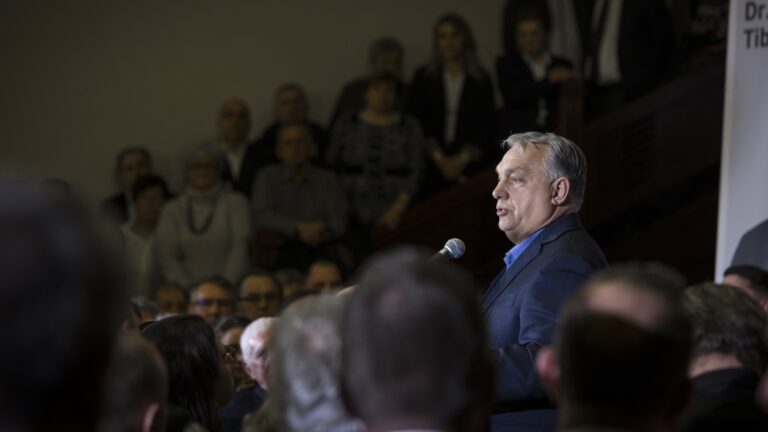Hungary’s automotive sector continues to perform strongly and remains one of the most vital engines of the national economy despite global economic headwinds, Foreign Minister Péter Szijjártó said on Tuesday at the opening of the Automotive Industry Conference in Budapest.
According to a statement from the Ministry of Foreign Affairs and Trade, Szijjártó recalled that recent years posed extraordinary challenges—especially for the European Union, which he believes has suffered the consequences of misguided political and economic decisions.
‘Europe has lost its security, weakened its competitiveness, and essentially lost its geopolitical relevance,’ he stated, blaming policies that prolonged the war in Ukraine and dismantled the previous growth model built on the blend of Western technologies and Eastern energy. As a result, Szijjártó pointed out, European companies now pay two to four times more for energy than their competitors in the US or China. The EU’s proposed complete ban on Russian energy imports, he warned, could be the ‘final blow’ to its industry.
He also criticized Brussels for politically isolating the EU from other major global economic powers and for turning economic matters into ideological battlegrounds. ‘The European economy, its companies, and citizens have all paid the price,’ he said, highlighting the auto industry as a prime example that global cooperation is irreplaceable.
‘Hungary, he said, serves as a model of how to bridge East and West in the automotive world’
Szijjártó stressed that while the transition to electromobility is inevitable, Europe can only succeed in this ‘technological revolution’ through international cooperation. Hungary, he said, serves as a model of how to bridge East and West in the automotive world. ‘There is no alternative to East–West cooperation in the car industry,’ he said, noting that in Hungary, German and Chinese factories are often being built side by side. ‘The closer the cooperation between German and Chinese firms here, the better for us. We’re not aiming for blocs but for global partnerships based on mutual benefit.’
The minister highlighted several major developments: BMW will begin production at its new Debrecen plant in September, Mercedes is integrating its two Kecskemét factories into what will become its largest plant outside China, Audi is operating at full capacity in Győr, and Stellantis is overwhelmed by orders in Szentgotthárd. Meanwhile, Suzuki is carrying out a major factory expansion in Esztergom with government support. Hungary will also host Chinese automaker BYD’s first European factory, and five of the world’s ten largest East Asian battery manufacturers have already chosen to invest in Hungary.
‘It’s no exaggeration to say Hungary is now in the Champions League of car manufacturing,’ Szijjártó declared, noting that Hungary will soon have the capacity to produce over one million vehicles and more than two million engines annually, as well as the second-largest electric battery production capacity in the world.
In 2023 Hungary’s automotive industry generated 13.7 trillion forints in output. Over the past 11 years, the government has supported 244 major investments in the sector. Szijjártó concluded by reaffirming the government’s commitment to treating automotive companies as strategic partners and supporting them in every way possible to ensure their—and Hungary’s—continued success.
Related articles:







